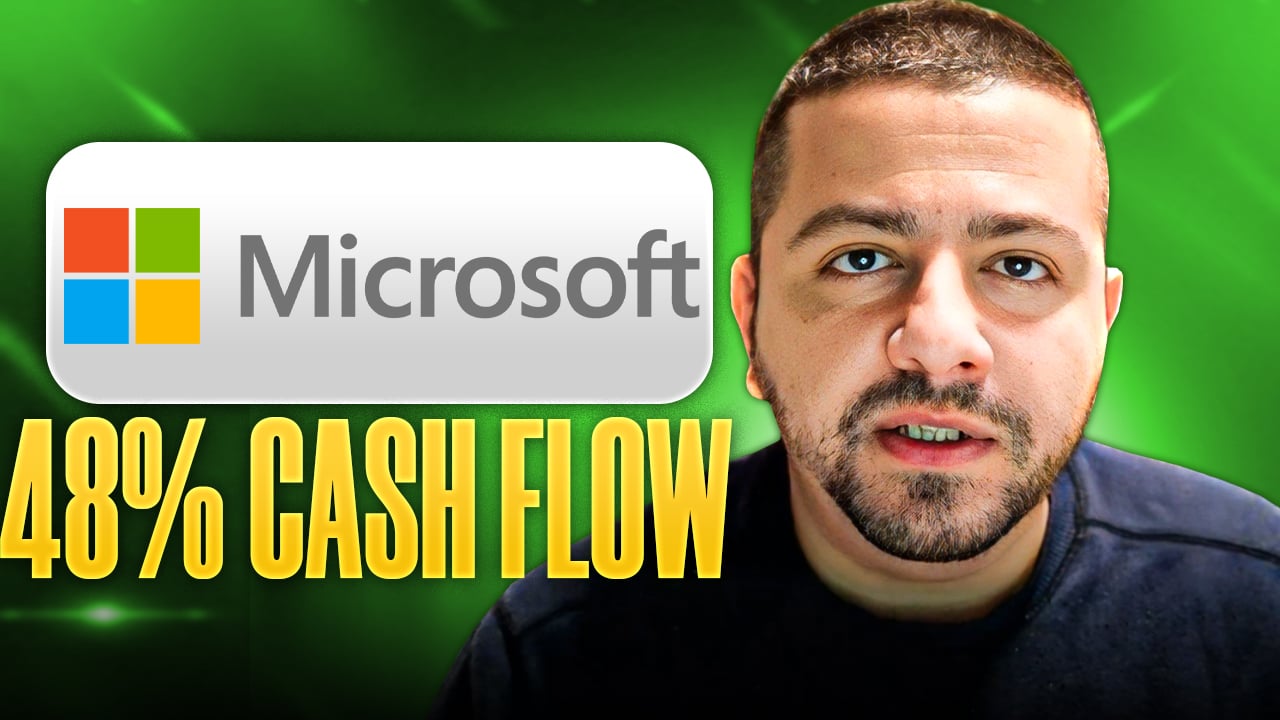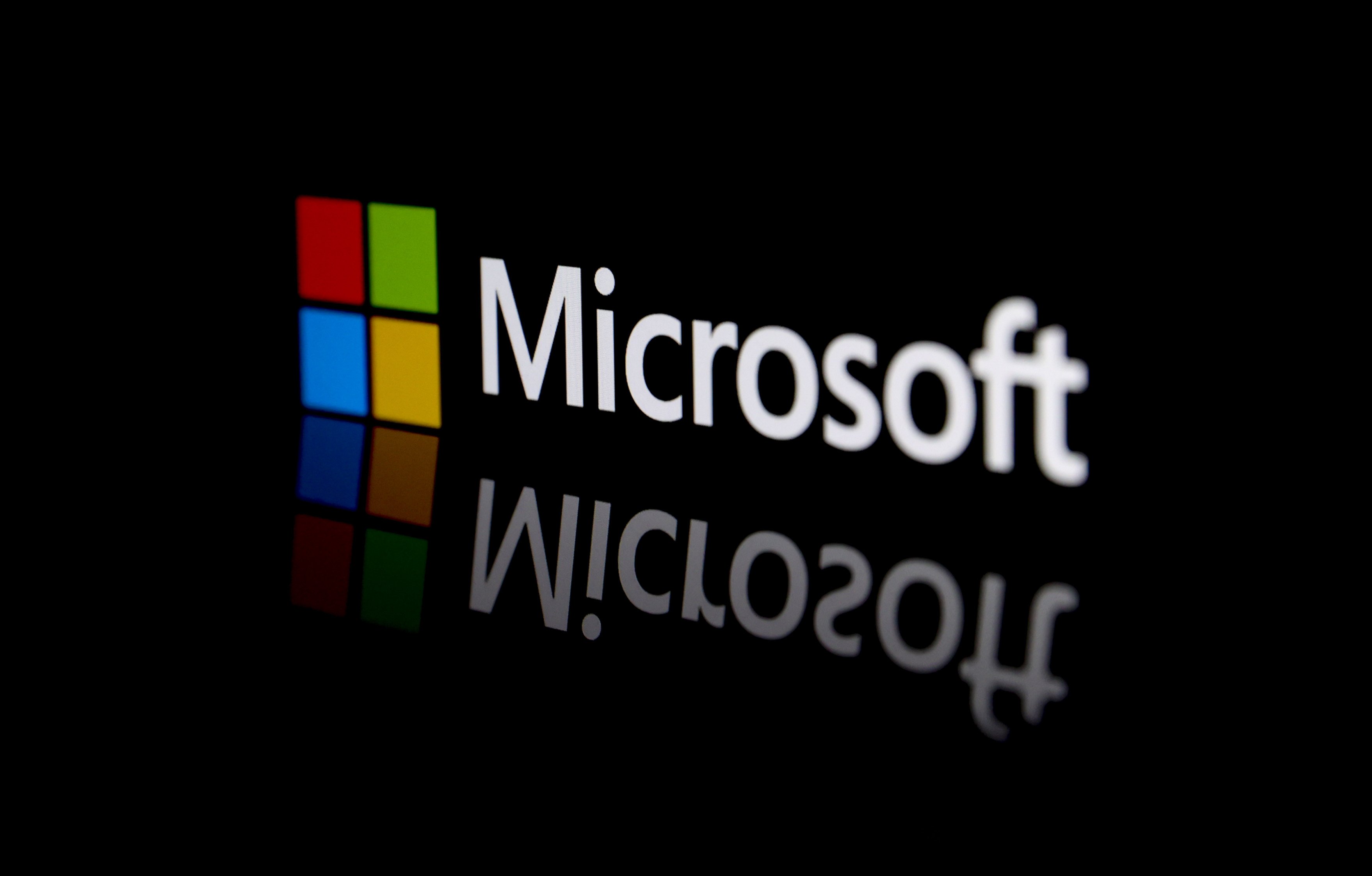The acronym FAANG was given to Meta Platforms (formerly Facebook), Apple, Amazon, Netflix, and Alphabet (now the parent company of Google). Those companies were grouped together and earned that nickname because they were the hot, new(-ish) tech companies at the time. But one Big Tech giant is notably missing: Microsoft (MSFT 2.13%).
Having been around since 1975, Microsoft didn't quite fit the FAANG mold. Its size, dominance, and future outlook, however, can't be overlooked.
Like many tech stocks, Microsoft has had a tough 12 months; as of Feb. 13, it's down over 7%. However, this shouldn't be cause for concern for long-term investors. Here's why Microsoft may be a buy right now, and beyond.
Microsoft is thriving through diversification
There's no denying that Microsoft is a cash cow; among the FAANG companies, only Apple brings in more net income than Microsoft. Maybe more impressive, though, is the many different ways it makes its money. Microsoft does a tremendous job creating a diverse ecosystem of products and services, and embracing the "divide and conquer" mantra.
Data by YCharts.
Other companies may have diverse ecosystems, but their top and bottom lines still rely on a few concentrated products or services. For example, the iPhone accounted for over half of Apple's fiscal year 2022 revenue, and Google advertising accounted for over three-fourths of Alphabet's 2022 revenue. As those products and services go, so do those companies' financials.
In its fiscal year 2022, here's how Microsoft's revenue was broken down by segment:
- Server products and cloud services: 34%
- Office products and services: 23%
- Windows: 12%
- Gaming: 8%
- LinkedIn: 7%
- Search advertising: 6%
- Devices: 4%
- Enterprise services: 4%
- Other: 2%
The cloud continues going strong
Although it trails behind market leader Amazon Web Services (AWS), Microsoft's Azure stands firm as the second-largest public cloud service, with a 21% market share. The next-closest competitor is Google Cloud, which has an 11% market share.
In the second quarter of its fiscal year 2023 (the quarter that ended Dec. 31, 2022), Microsoft brought in $52.7 billion in revenue, which was up 2% year over year; Microsoft Cloud accounted for $27.1 billion -- a 22% year-over-year increase. The cloud business is booming and Microsoft is reaping the benefits.
The global cloud computing market was valued at over $405 billion in 2021. In 2022, it was estimated to be over $480 billion. By 2029, it's expected to exceed $1.7 trillion, for a compound annual growth rate of around 20%. The cloud business is here to stay, and Microsoft's growth could very well depend on how big of a player it becomes in the space.
Microsoft likely won't catch AWS (currently at 34%) in market share in the foreseeable future, but the cloud-business pie is becoming so large that even growing at the pace of the industry could pad Microsoft's bottom line nicely. Luckily, its cloud business has been growing at an admirable rate. The only product or service that makes more money for Microsoft than Azure is its suite of Office software, and there's no reason to believe its momentum will slow down anytime soon.

NASDAQ: MSFT
Key Data Points
Microsoft may be as recession-resistant as it comes in tech
Around the globe, there are thousands upon thousands of companies that rely on Microsoft's products or services. They use LinkedIn to recruit, Windows PCs for daily work, Azure for cloud infrastructure, Excel for managing data (and inevitably annoying workers), and much more. There are no recession-proof tech stocks per se, but Microsoft's sheer number of enterprise customers makes it as recession-resistant as any tech stock you can find.
No one can say with certainty whether the U.S. will be entering a recession in 2023. If it does, consumer spending could be slowed, directly affecting companies that rely heavily on consumer sales. However, Microsoft's enterprise-heavy business could help insulate it and ensure it'll be one of the last to feel the effects.
Artificial intelligence is here to stay
As artificial intelligence (AI) in general and OpenAI's ChatGPT specifically have become the hottest tech topics in 2023, Microsoft has taken actions to ensure it's not left behind in the race to fully usher AI into the mainstream. After investments in 2019 and 2021, Microsoft recently announced the third phase of the company's long-term partnership with OpenAI: a $10 billion investment.
Microsoft's investment in OpenAI is a win-win for both companies: OpenAI receives funding, and Microsoft gets access to one of the most advanced AI systems we've encountered so far. This partnership could provide Microsoft with a competitive edge against other tech companies as it integrates the world's most popular AI tool into its products and services.






